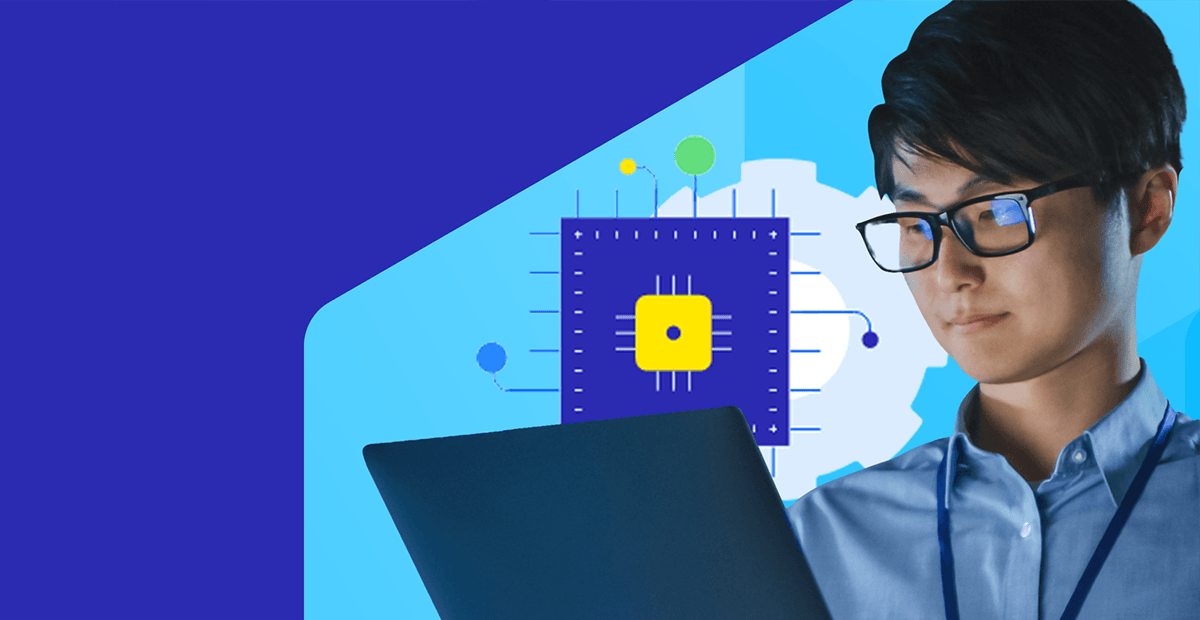
Imran Chaudhri
At Progress MarkLogic, Imran focuses on enterprise quality genAI and NoSQL solutions for managing large diverse data integrations and analytics to the healthcare and life sciences enterprise. Imran co-founded Apixio with the vision of solving the clinical data overload problem and has been developing a HIPAA compliant clinical AI big data analytics platform. The AI platform used machine learning to identify what is truly wrong with the patient and whether best practices for treatment were being deployed. Apixio’s platform makes extensive use of cloud computing based NOSQL technologies such as Hadoop, Cassandra, and Solr. Previously, Imran co-founded Anka Systems and focused on the execution of EyeRoute's business development, product definition, engineering, and operations. EyeRoute was the world's first distributed big data ophthalmology image management system. Imran was also the IHE EyeCare Technical Committee Co-chair fostering interoperability standards. Before Anka Systems, Imran was a founder and CTO of FastTide, the worlds first operational performance based meta-content delivery network (CDN). Imran has an undergraduate degree in electrical engineering from McGill University, a Masters degree in the same field from Cornell University and over 30 years of experience in the industry.
Articles by the Author

Latest Stories in Your Inbox
Subscribe to get all the news, info and tutorials you need to build better business apps and sites



